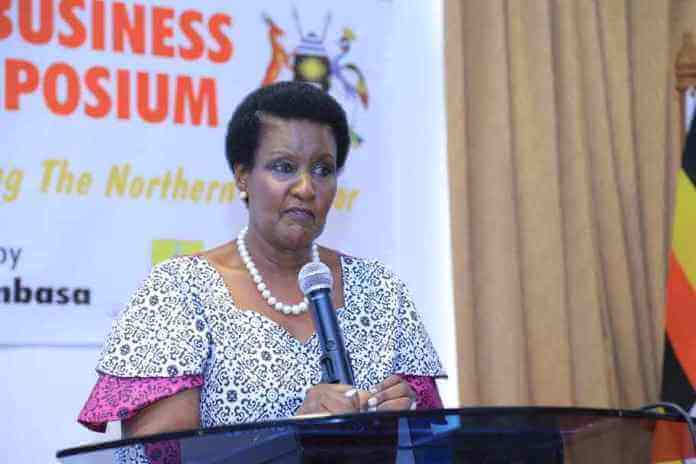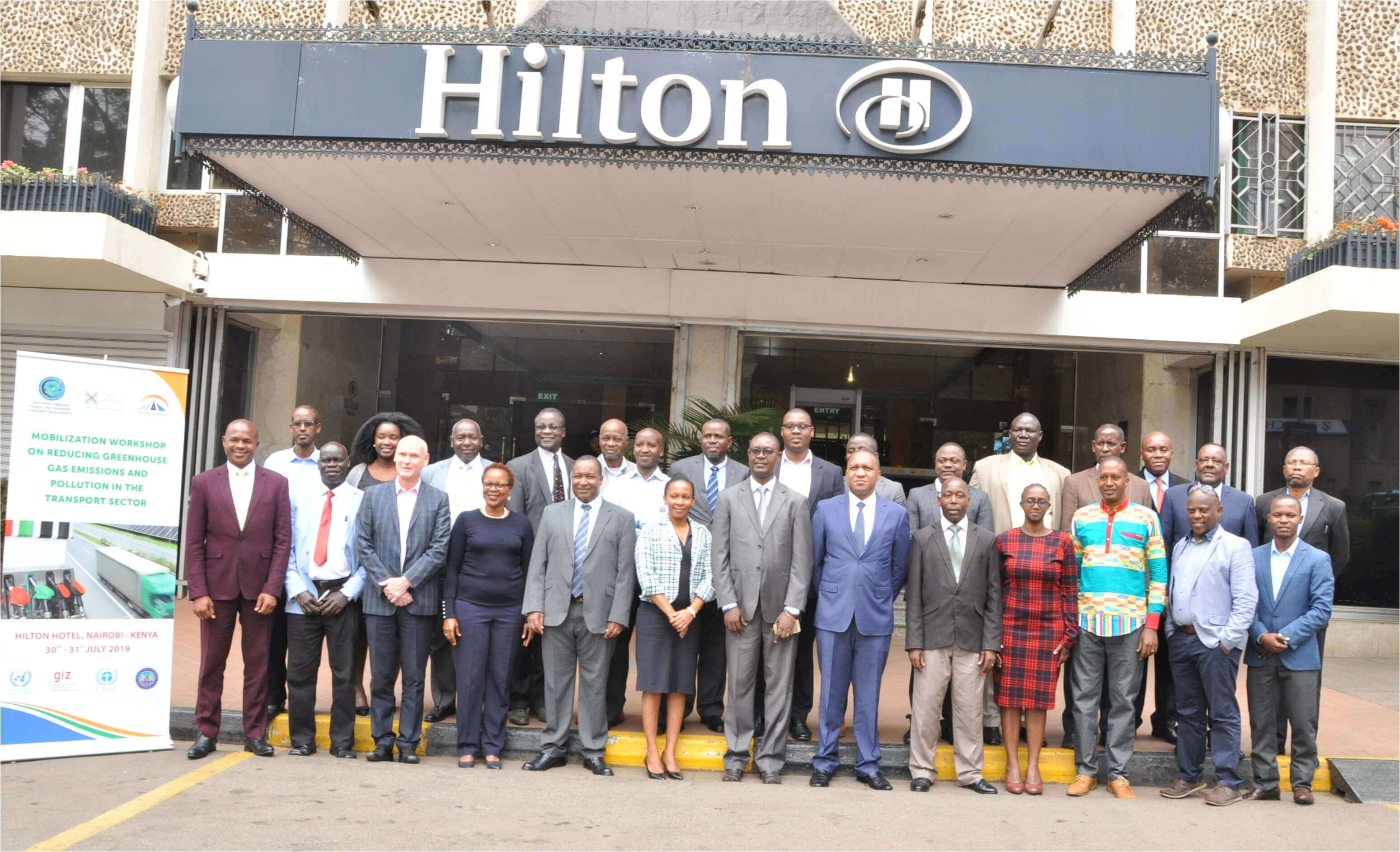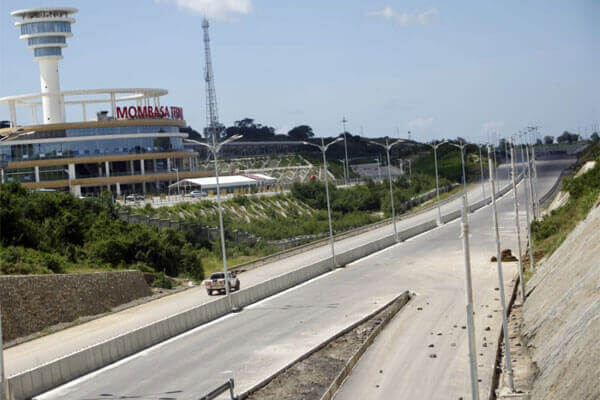A total of 16 new Authorized Economic Operators (AEOs) have been commissioned, bringing the number in Uganda to 66. An Authorized Economic Operator is a company, an organisation or individual authorized by a local customs administration to do self-customs assessment, having been found to comply with the World Customs Organisation (WCO) supply chain security standards. Six of the commissioned companies received certification to operate at the East Africa regional level, where they will be recognized by all regional customs bodies, and accorded preferential treatment. The Uganda Revenue Authority (URA) Commissioner Customs, Dicksons Kateshumbwa says that approximately 30% of the goods cleared by customs, will now be cleared by the AEOs, although the target is to raise the clearance to 60%. He adds that last year, 80% of all customs revenue came from the AEOs. “If, therefore, we can have a greater number assessed for compliance and commissioned, we would concentrate on looking for the less compliant taxpayers,” Kateshumbwa said. He made the statements on August 5, 2019 at the URA head office in Kampala where the 66 received certificates and other documents. “Of the 50,000 importers registered last year, 684 were AEOs, while the remaining 49,000 were under the general category. Currently, the EAC customs bodies are working in collaboration with Common Market for Eastern and Southern Africa to strengthen the AEO program, as they move to facilitate intra Africa trade. The more trade facilitation increases, the more the African continent will attract local and foreign direct investment leading to...
16 More Ugandan Companies Acquire Authorized Economic Operator Status
Posted on: August 14, 2019
Posted on: August 14, 2019


















